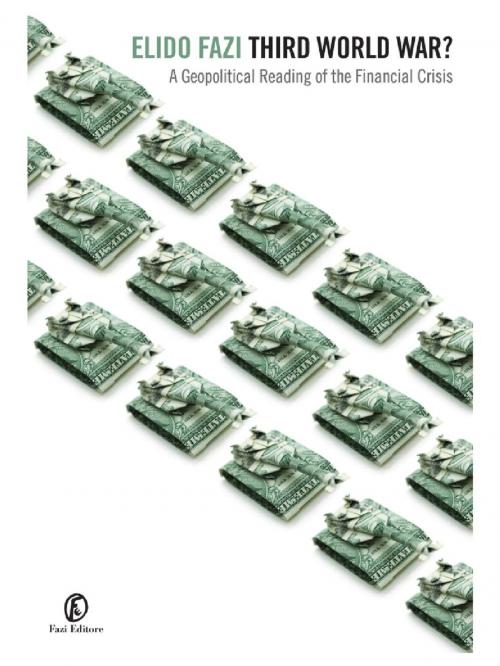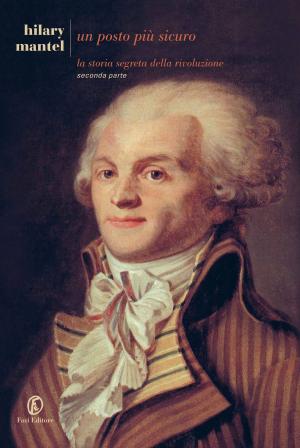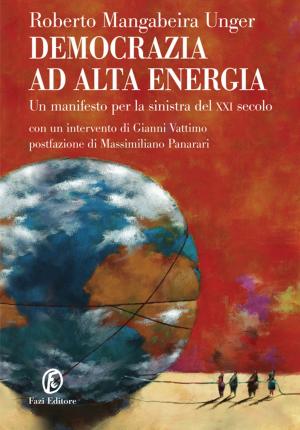Third World War?
A Geopolitical Reading of the Financial Crisis
Nonfiction, Social & Cultural Studies, Political Science, Politics, Economic Policy, Fiction & Literature| Author: | Elido Fazi | ISBN: | 9788864116372 |
| Publisher: | Fazi Editore | Publication: | May 17, 2012 |
| Imprint: | Fazi Editore | Language: | English |
| Author: | Elido Fazi |
| ISBN: | 9788864116372 |
| Publisher: | Fazi Editore |
| Publication: | May 17, 2012 |
| Imprint: | Fazi Editore |
| Language: | English |
Is it true that the 2008 financial crisis was worse than the Great Depression of 1929? Why did the Italian writer Andrea Camilleri recently claim that World War III has just started, albeit in a "soft version"? Why did a business magnate like George Soros – “the man who broke the Bank of England" – recently accuse the Goldman Sachs CEO Lloyd Blankfein of being“evil”? What does Italy’s PM Mario Monti, who was a Goldman Sachs international advisor for years, think of all this? And, above all, can the USA - the world’s most indebted and least competitive nation if you look at the relationship between imports and exports – come out of this crisis without engaging in a new war? Why did the US President Obama authorize sanctions targeting Iran's central bank and financial sector? Is it because Iran dared to open its own Oil Bourse trading in currencies other than the dollar? These are just some of the themes that run through this book, whose aim is to analyze the deep causes of the US and European crisis, in the context of the increasingly dangerous rise of countries like China and India.
Is it true that the 2008 financial crisis was worse than the Great Depression of 1929? Why did the Italian writer Andrea Camilleri recently claim that World War III has just started, albeit in a "soft version"? Why did a business magnate like George Soros – “the man who broke the Bank of England" – recently accuse the Goldman Sachs CEO Lloyd Blankfein of being“evil”? What does Italy’s PM Mario Monti, who was a Goldman Sachs international advisor for years, think of all this? And, above all, can the USA - the world’s most indebted and least competitive nation if you look at the relationship between imports and exports – come out of this crisis without engaging in a new war? Why did the US President Obama authorize sanctions targeting Iran's central bank and financial sector? Is it because Iran dared to open its own Oil Bourse trading in currencies other than the dollar? These are just some of the themes that run through this book, whose aim is to analyze the deep causes of the US and European crisis, in the context of the increasingly dangerous rise of countries like China and India.















